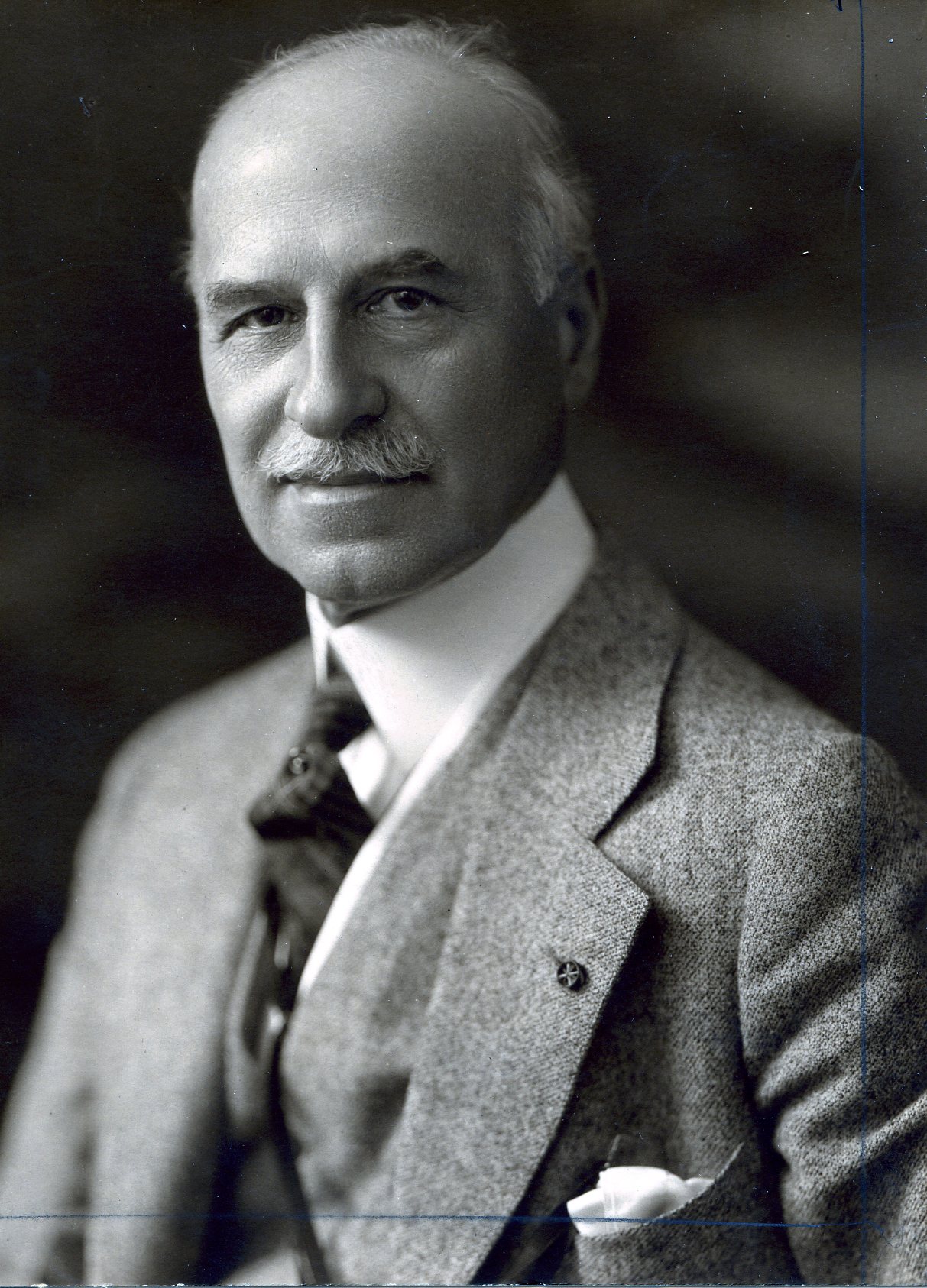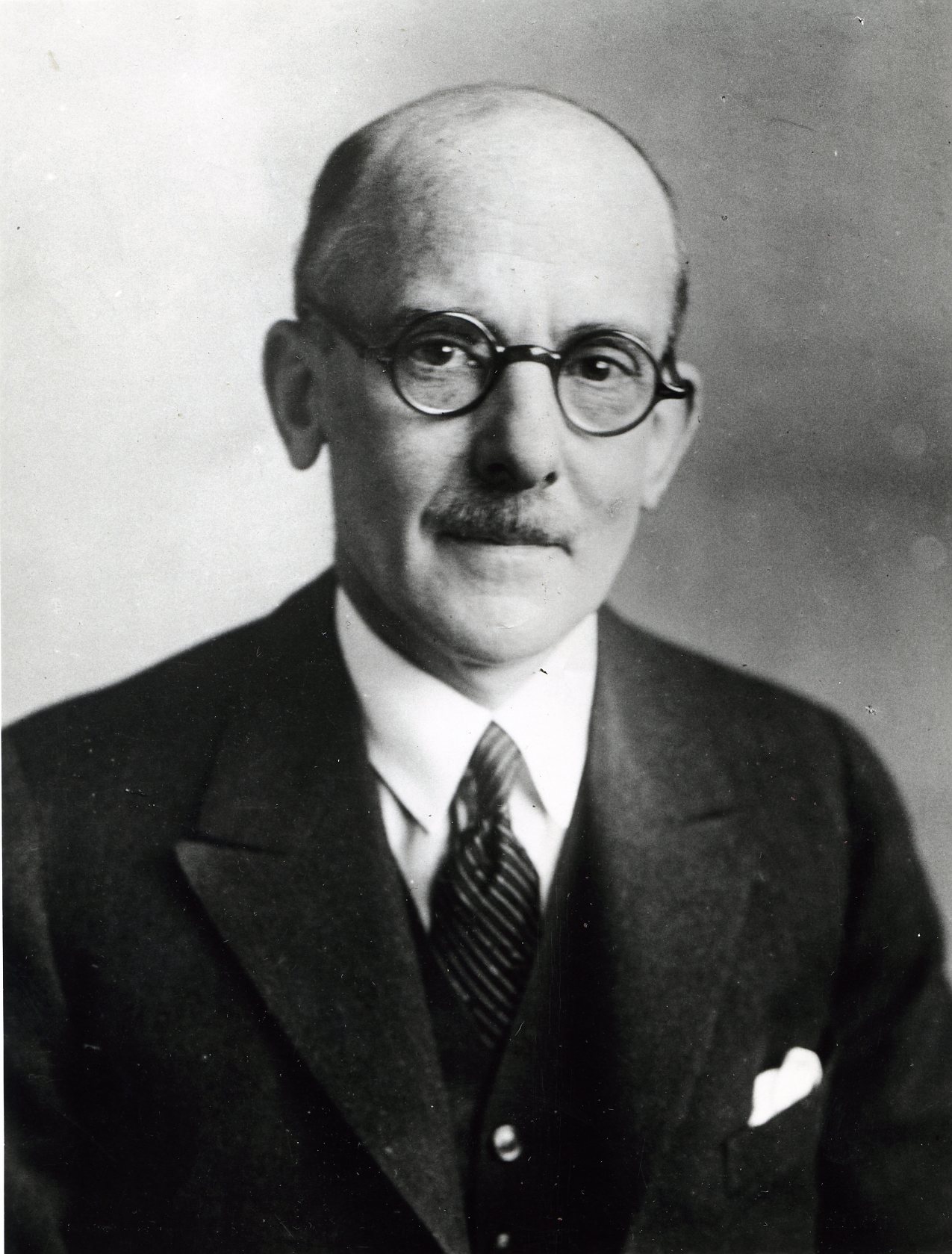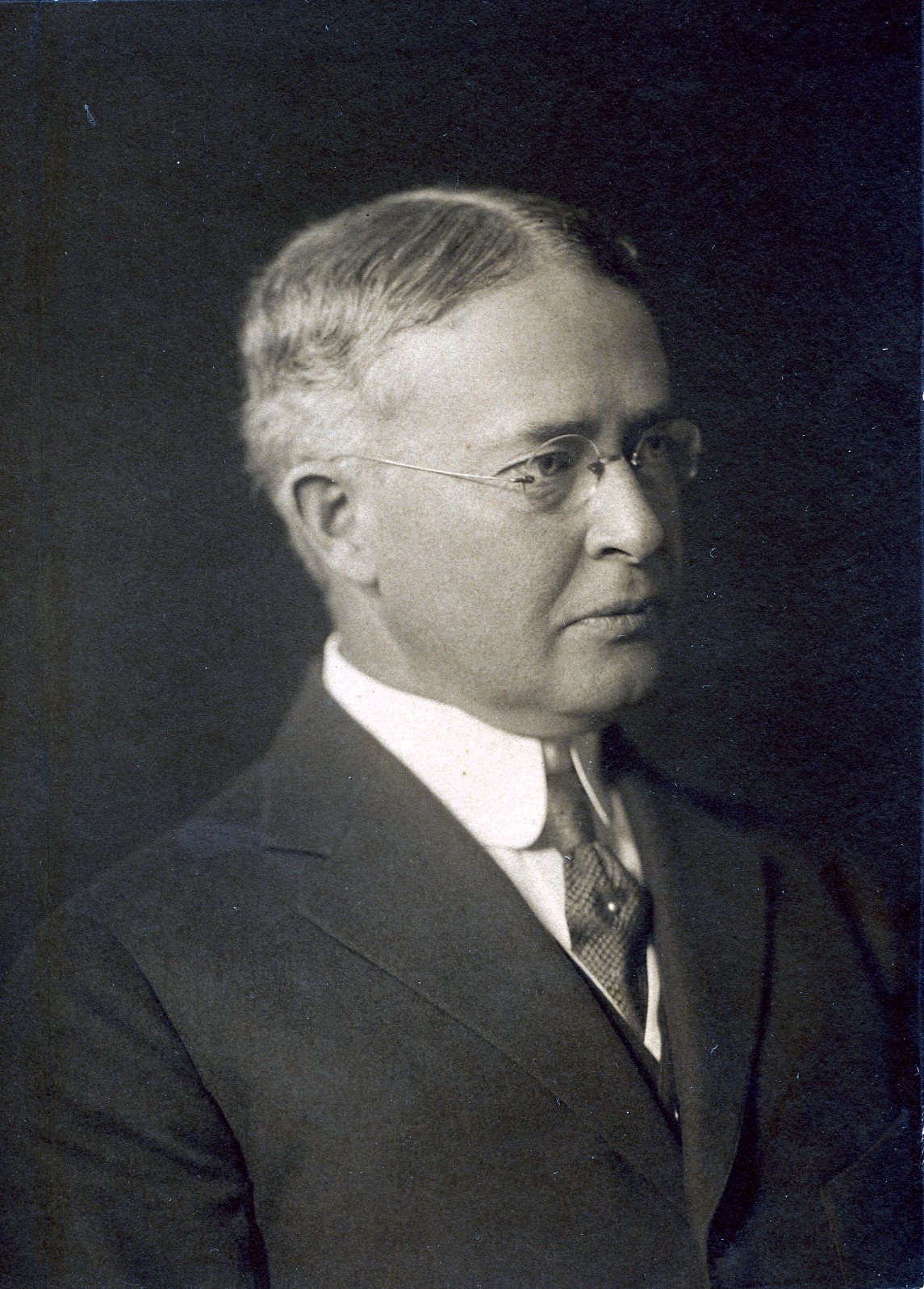Member Directory,
1847 - 1922
Charles E. Merrill Jr.
Publisher
Centurion, 1911–1942
Payson Merrill and Walter B. Chambers
New York (Manhattan), New York
New York (Manhattan), New York
Age thirty-four
Sleepy Hollow, New York

Archivist’s Notes
Son of Charles E. Merrill
Century Memorial
Few Centurions gave so much to the Club and revelled more fully in its human contacts than did Charles Edmund Merrill, Jr. He loved people and his friends ranged from the top to the bottom of the social scale. But it was the Century which offered the most complete expression to his passion for conversation and exchange of ideas, and his talk was always stimulating, vigorous and witty. He once said that he had counted 200 names in the Club roster whom he could callfriends—meaning just that. He loved to gather small groups around the table over his favorite cocktail and the discussions he inspired were worthy of the best traditions of the Century. An eager patriot, he enlisted early for training at Plattsburg in 1917 and was quickly sent to France. He loved to talk of his experiences in the A.E.F. and those two years were for him the Great Adventure. A gallant and brilliant officer, he was in the thick of the Argonne fighting and came home a major attached to the General Staff. But life was always an adventure for Merrill because he dramatized his own everyday life—as well as the lives of his friends. This characteristic was visible even in the conduct of the publishing business which bore his name and that of his distinguished father [Charles E. Merrill]. He extracted fun and excitement even from the routine of publishing school textbooks. In 1938 he wrote to the Secretary of his class at Yale: “My golf is more and more hopeless but more and more fun. I have read I don’t know how many thousand books, and have greatly and increasingly enjoyed the society of my friends.” He did enjoy his golf, but his friends suspected that his devotion to the game was, perhaps unconsciously, love of good companionship and the joys of the roundup at the 19th hole. As for books, few men ranged over a wider field of classical and modern reading. He had a standing order with his bookseller to send him any book of unusual or rare quality—and he scorned the list of best sellers in selecting his reading. His library, a very fine and personal one, contained hundreds of first editions of famous modern authors whose genius he was one of the first to recognize.
Perhaps it was Merrill’s deep love of humanity which inspired his lifelong and unsparing activity in the Charity Organization Society (and later the Community Service Society) and interest in the puzzling human problems constantly presented there. An associate of his on the Executive Staff commented as follows: “Mr. Merrill was so alive, so human and unorthodox in his reactions when the staff went to him for advice and help. He was a great one for experimenting and loved to whet his mind on new problems. He was sometimes like a mischievous boy at board meetings in precipitating interesting if sometimes unsought after discussions. His letters sparkled with cryptic bits and witty allusions.”
His letters were always a joy to his friends—and never failed to rouse a throaty chuckle. Though he seldom mentioned it, he wrote and published some very creditable poems. The translation from Horace which formed a part of this year’s Memorial Ceremony and which appears earlier in this volume, seems to sum up in part the rich philosophy of that rare and mellow soul whose friendship was a benediction.
Geoffrey Parsons
1942 Century Memorials





